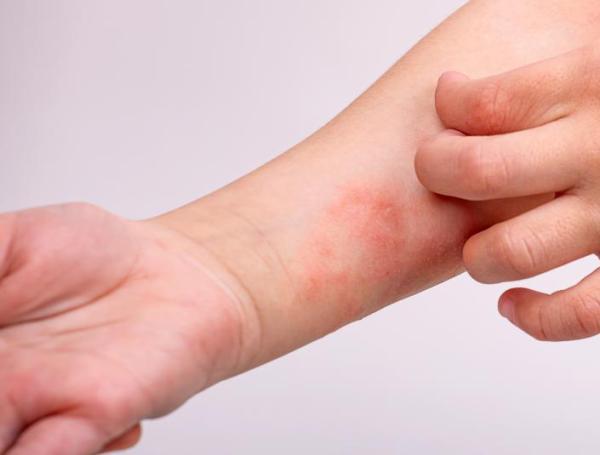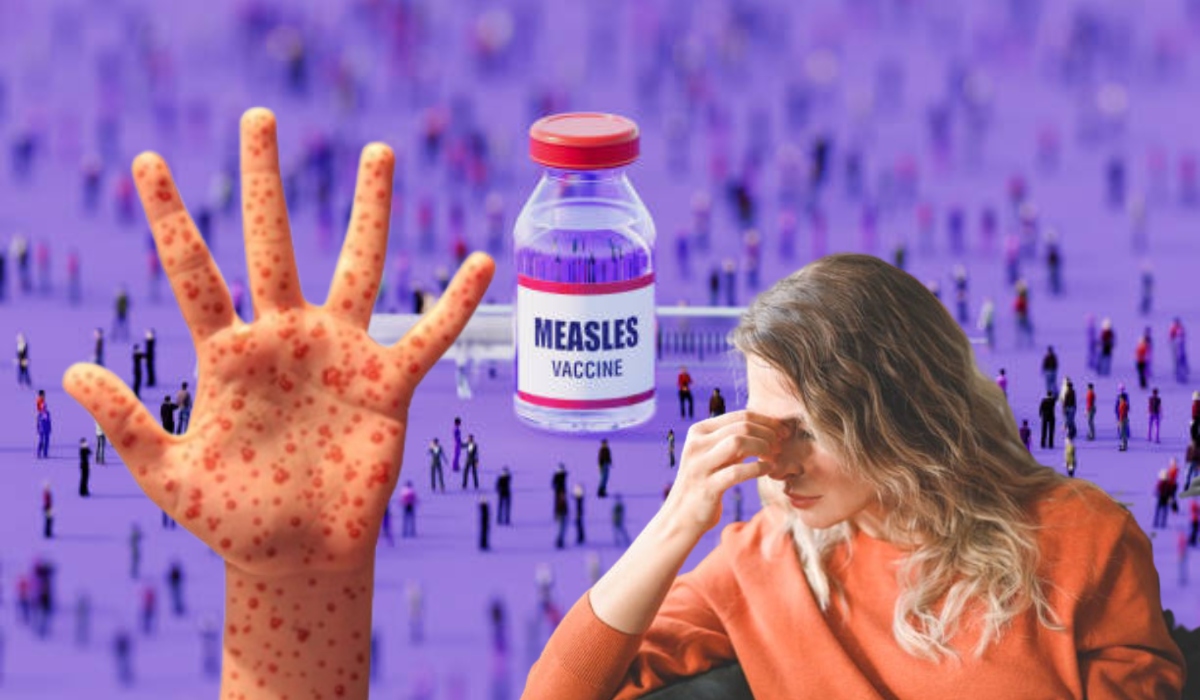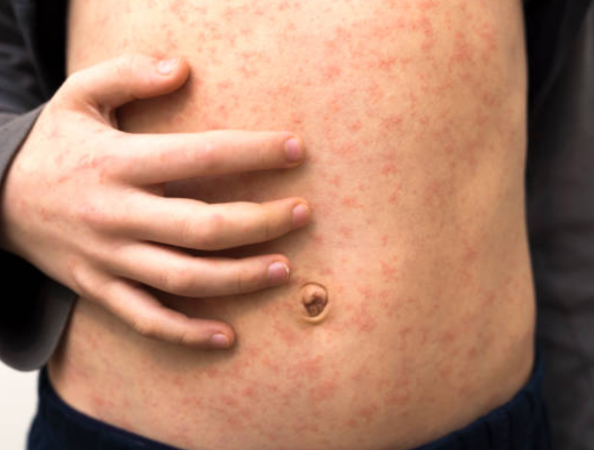The National Institute of Health clarifies that no cases of measles have been confirmed in Colombia.

This Saturday, May 31, the National Institute of Health (INS) denied rumors related to alleged cases of measles in Colombia . According to the agency, information about a supposed health alert is untrue.
In an official statement, the INS asserted that reports emerging on social media and in the media about a suspected imported case of measles are false and do not reflect the current epidemiological situation.
"To date, we have no confirmed cases of measles in our country. We urge the public and citizens not to share this type of information, as it can generate anxiety and uncertainty in news that may not have any scientific basis," said Dr. Diana Marcela Pava, director of the INS.
Thus, the organization emphasized the importance of always consulting official sources before sharing news about public health. Spreading incorrect information can cause misinformation and generate unnecessary concerns among citizens.

This is what measles rashes look like on people. Watch for the signs. Photo: iStock
"The National Institute of Health continues to actively and continuously monitor communicable diseases. If we receive any new information, we will immediately communicate and report it through our official channels," Dr. Pava concluded.
Finally, the organization urged citizens, the media, and the health sector to avoid sharing unconfirmed information and recommended consulting only official sources, as disseminating incorrect information can cause confusion and unjustified alarm.

No cases of measles have been confirmed in the country. Photo: iStock
According to the Cleveland Clinic, measles is a highly contagious disease that causes fever, rash, cough, and red eyes. It is caused by a virus and can lead to other life-threatening complications, such as brain swelling and pneumonia.
It can usually be spread when a person with measles coughs, sneezes, or talks, as these actions release droplets into the air.
If you share food or drinks with an infected person, kiss, hug, or shake hands, you can also become infected. Additionally, the risk may increase if you are not vaccinated.
"Experts estimate that if a person in a room with unvaccinated people has measles, 9 out of 10 people in the room will get it. Transmission is contagious approximately four days before the rash appears and until approximately four days after it appears," the Cleveland Clinic explained.
(Read more: Should adults get vaccinated against measles? )
If you experience warning symptoms, it is recommended that you self-isolate for four days after the rash appears and consult with a healthcare professional about when you can be around others and return to work, school, or university.

Measles is highly contagious. Photo: iStock
DIGITAL REACH EDITORIAL
eltiempo





